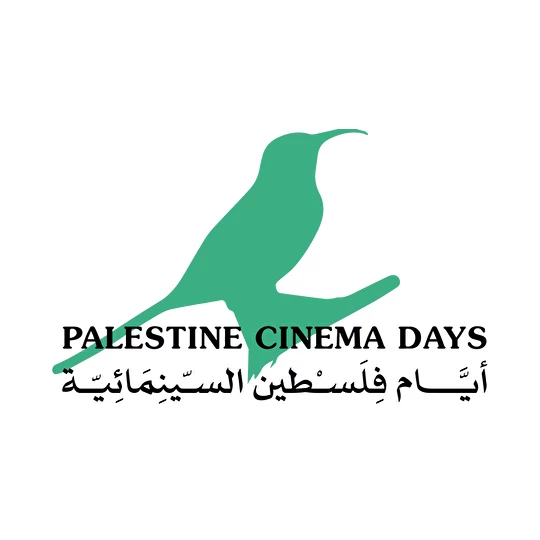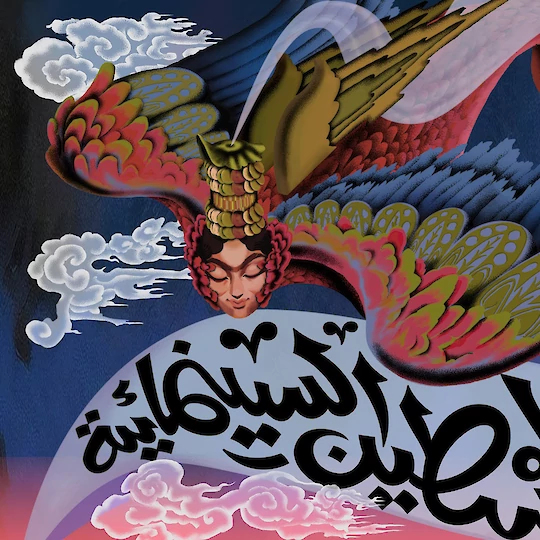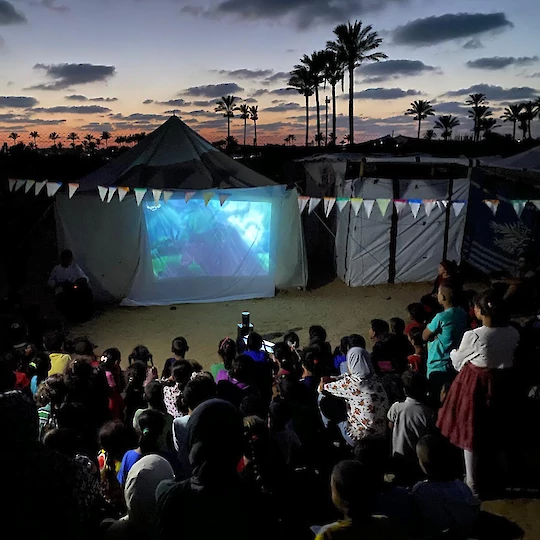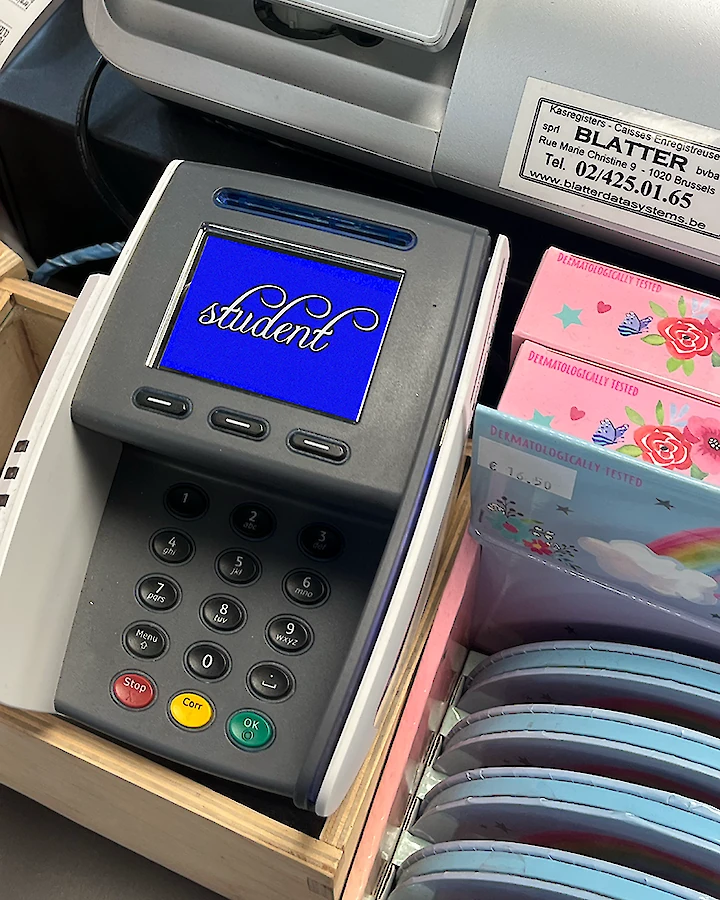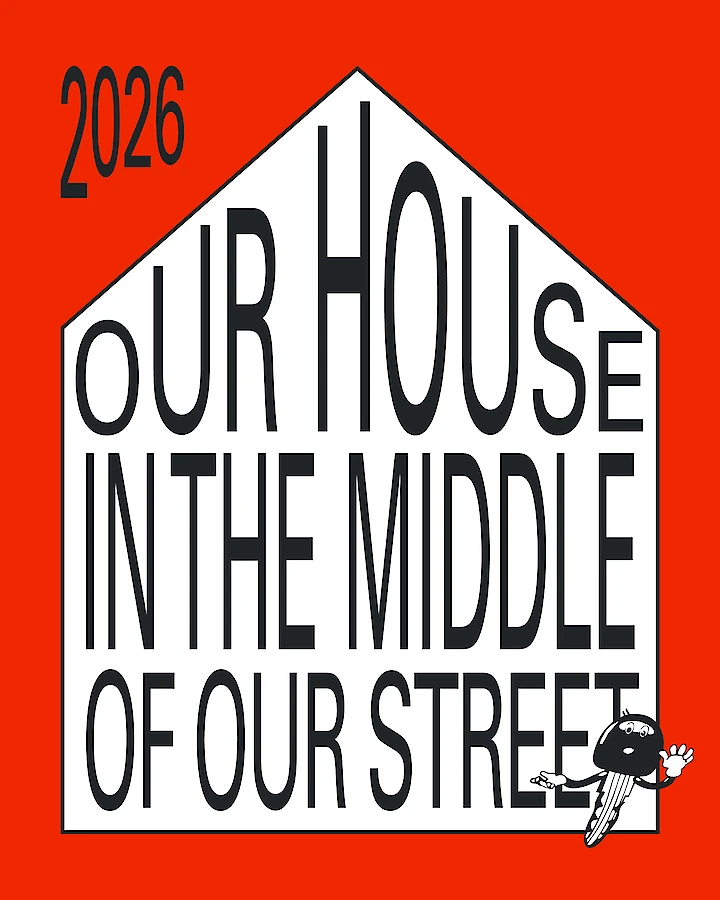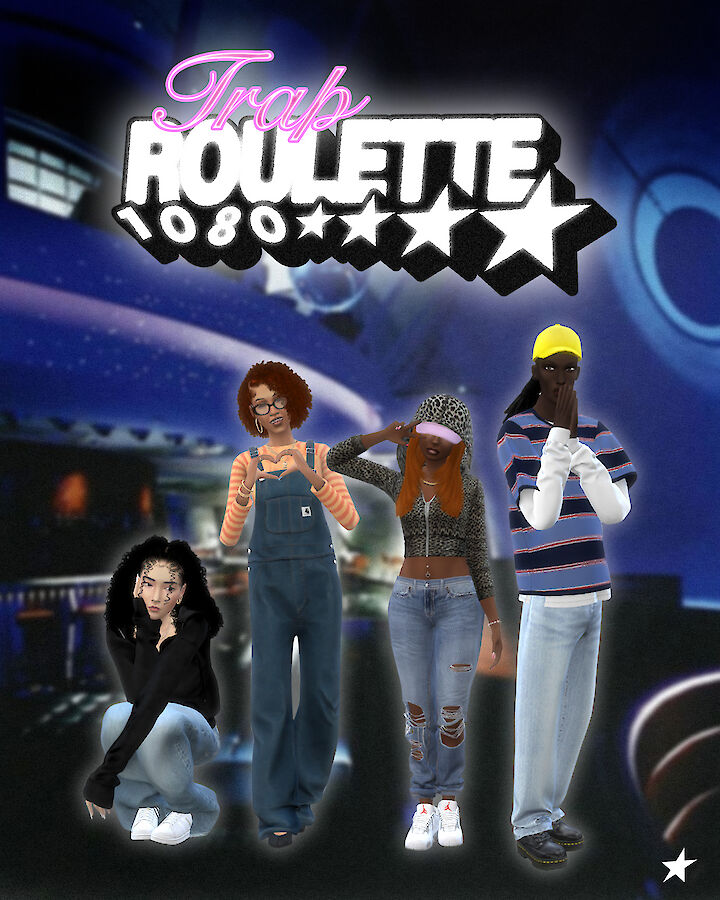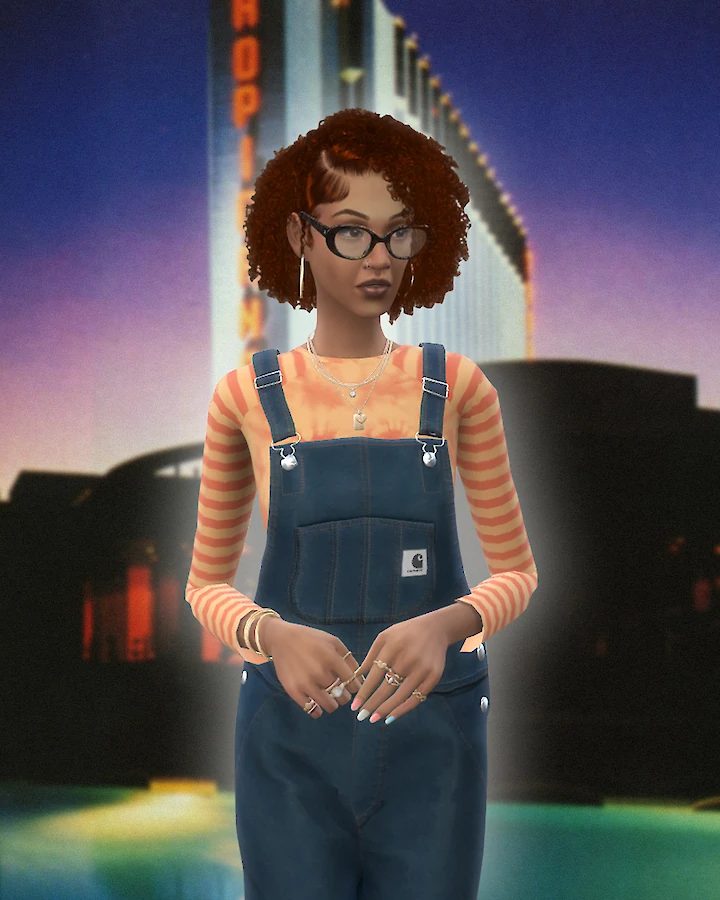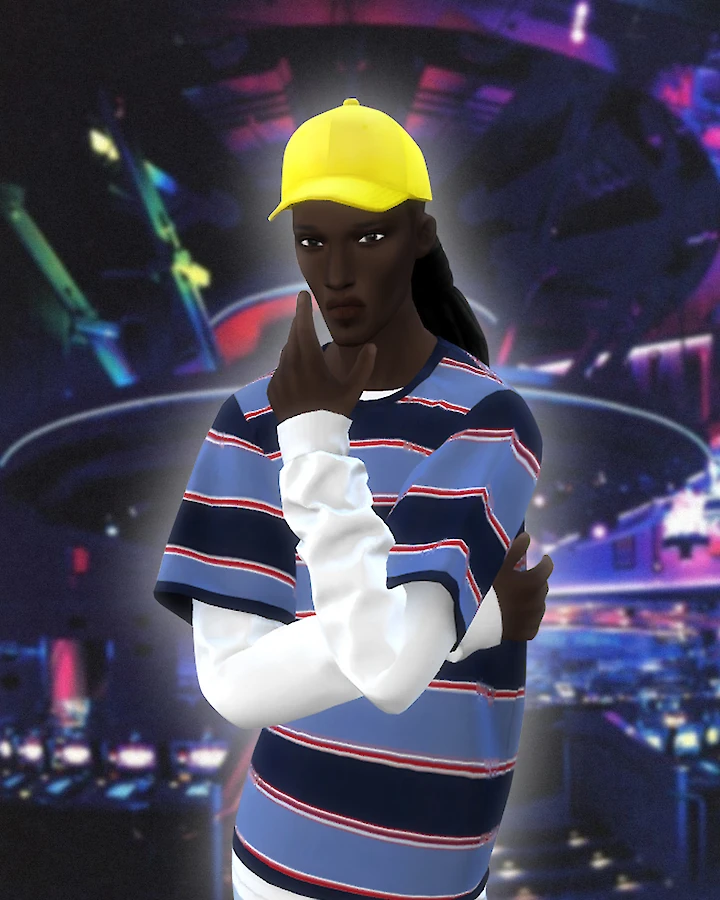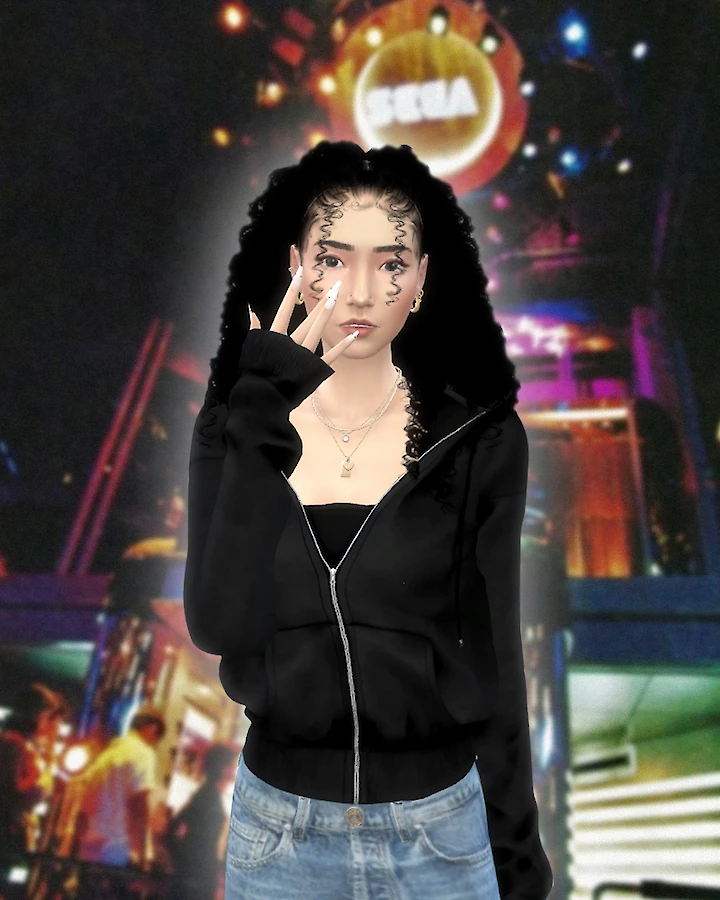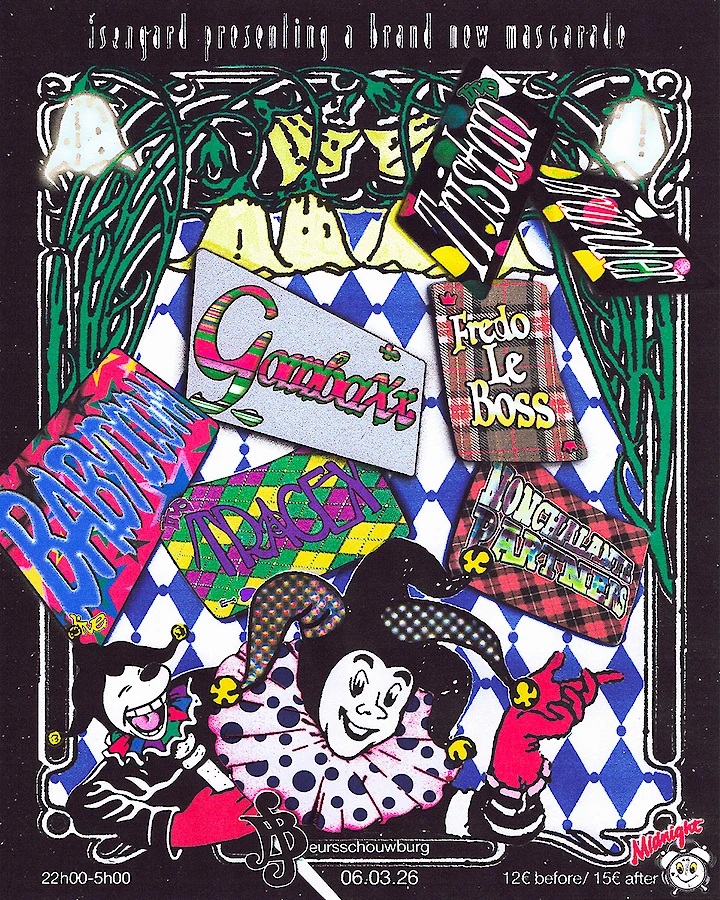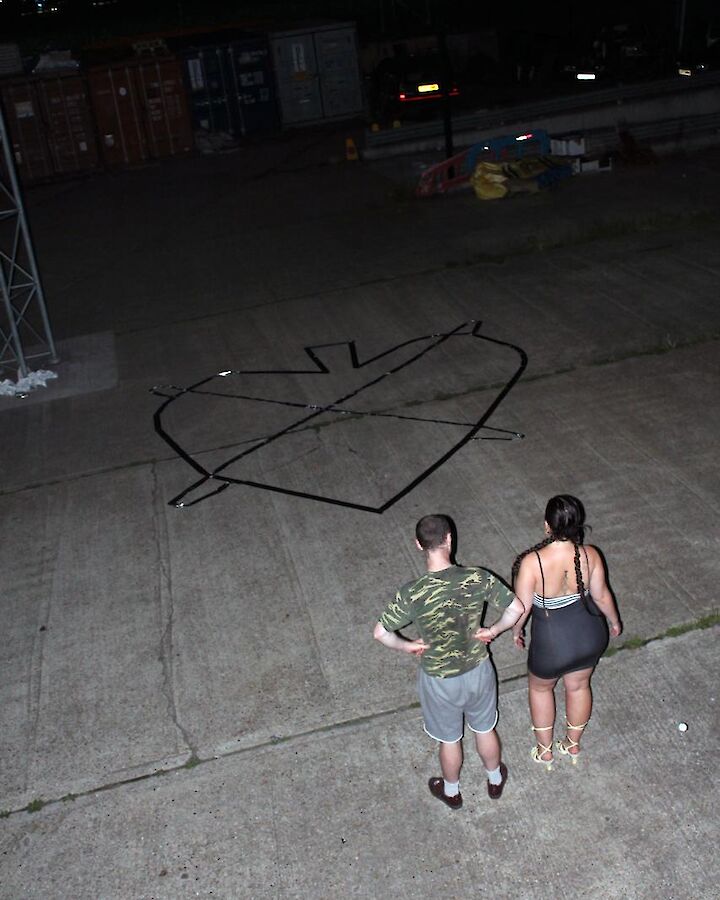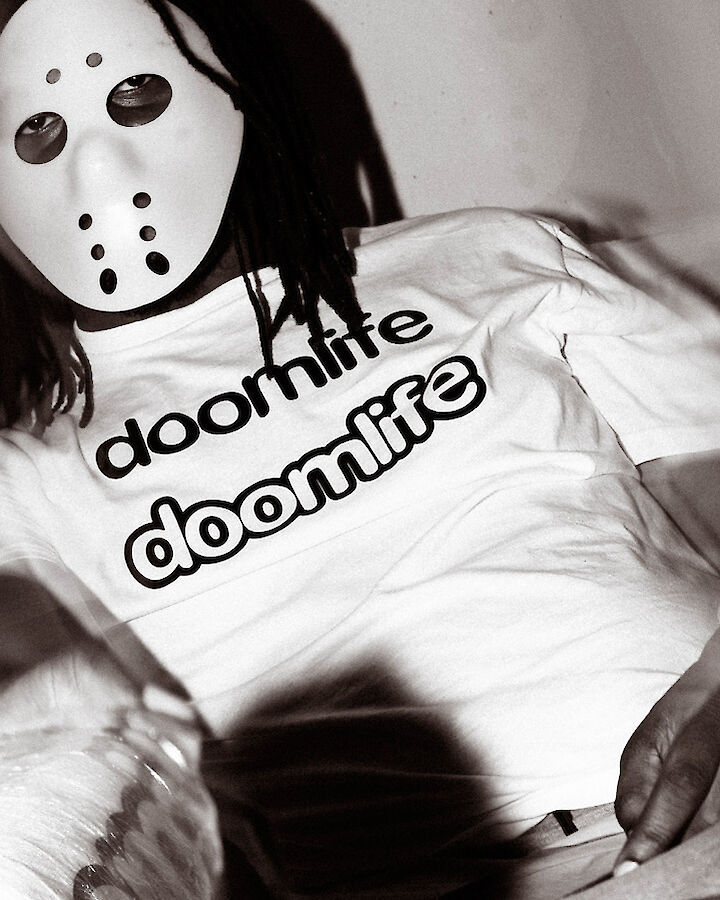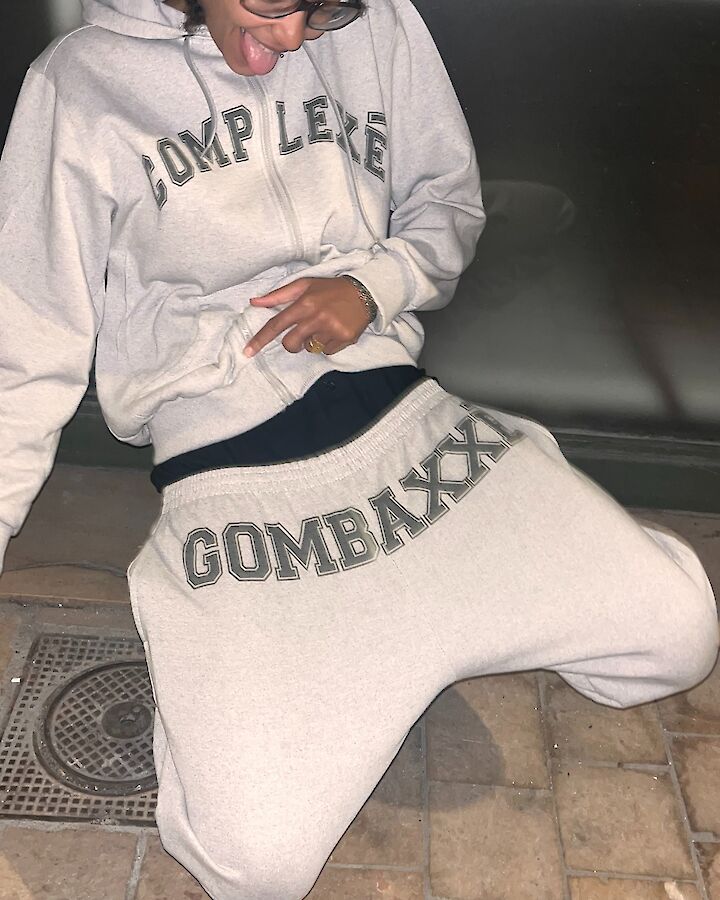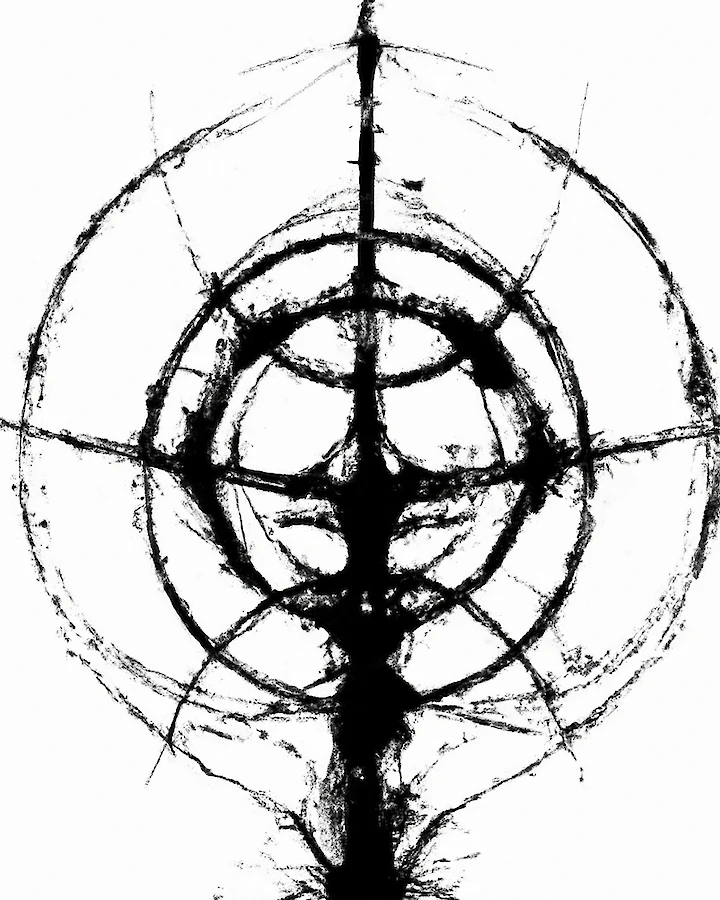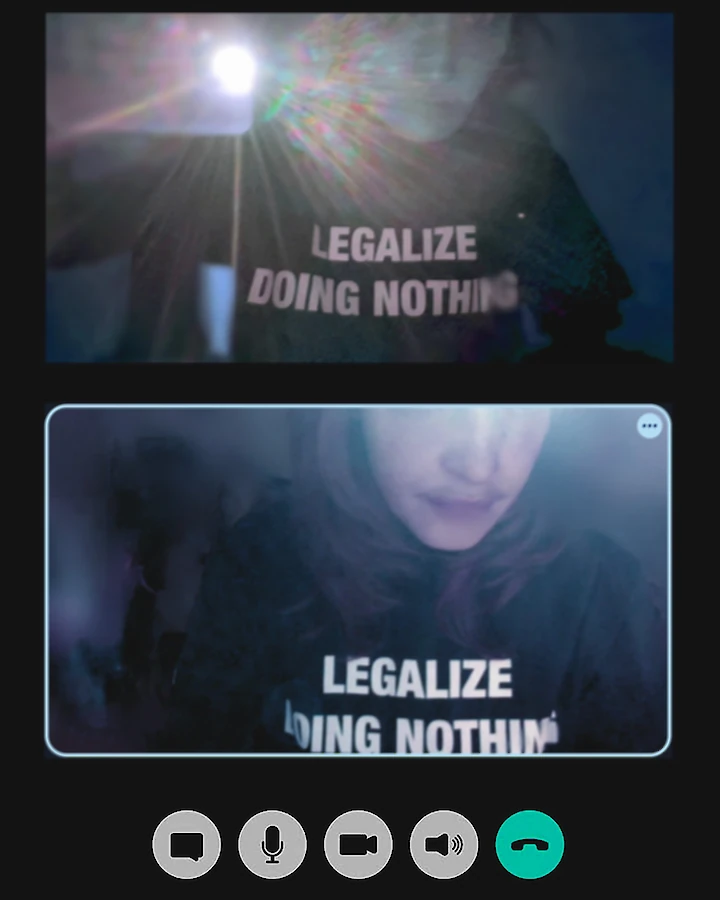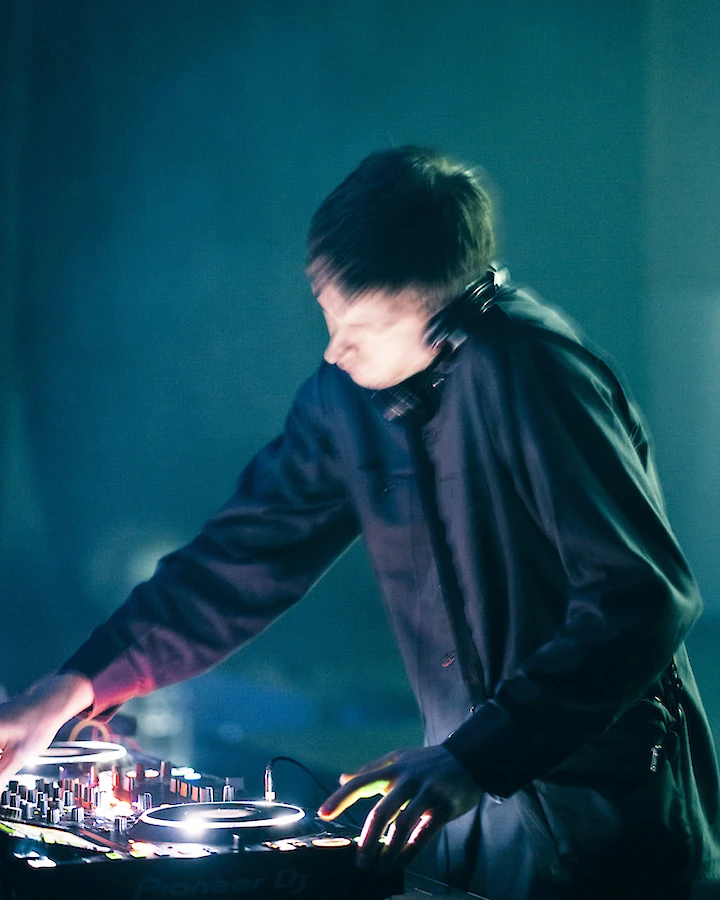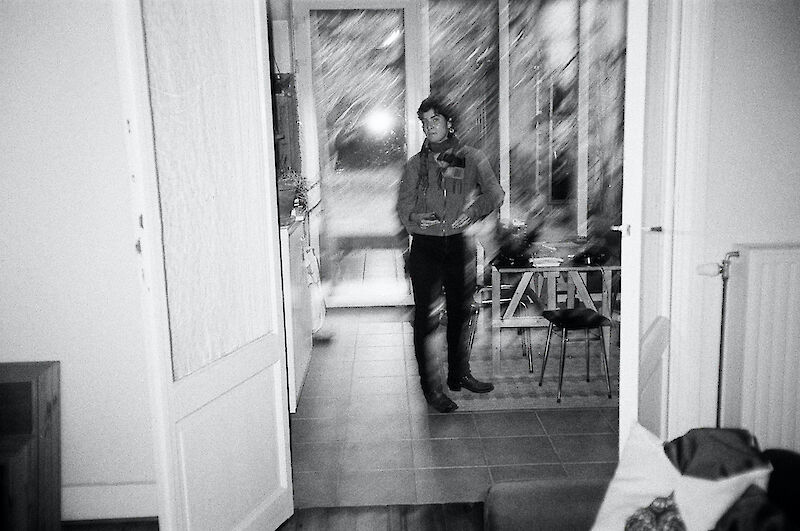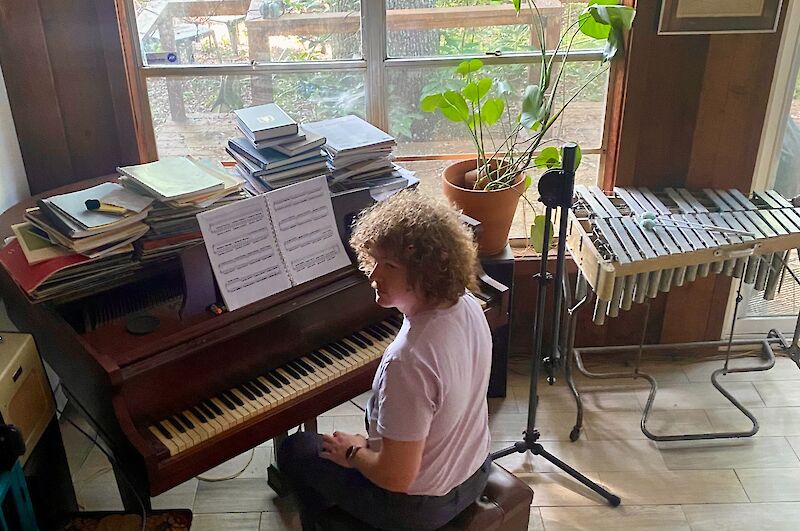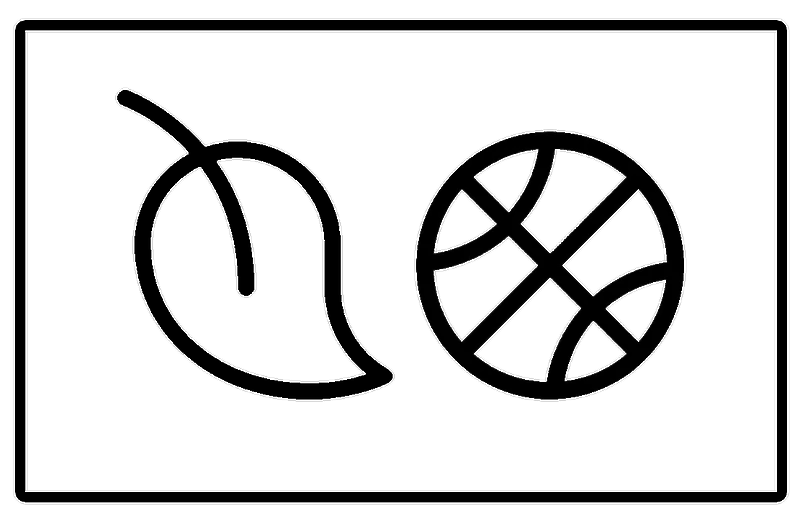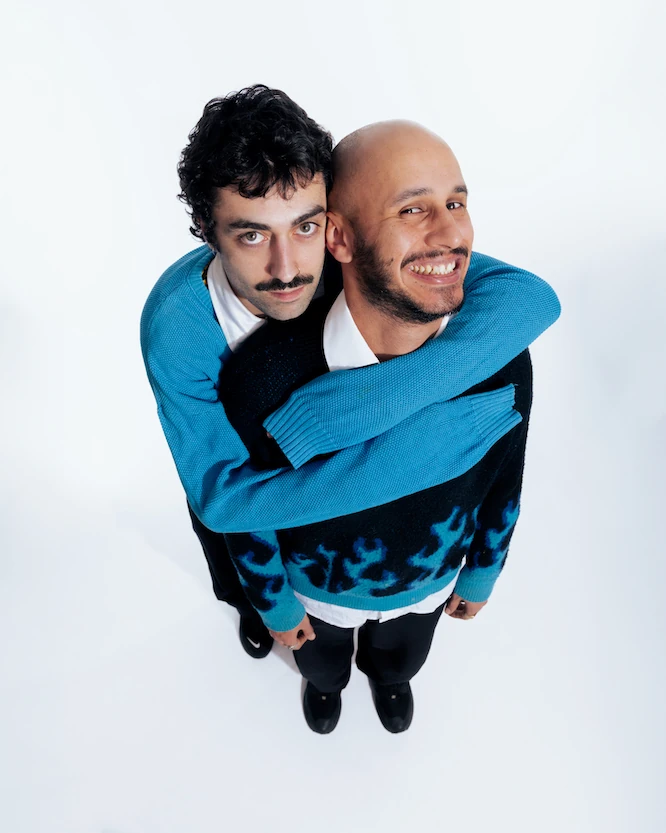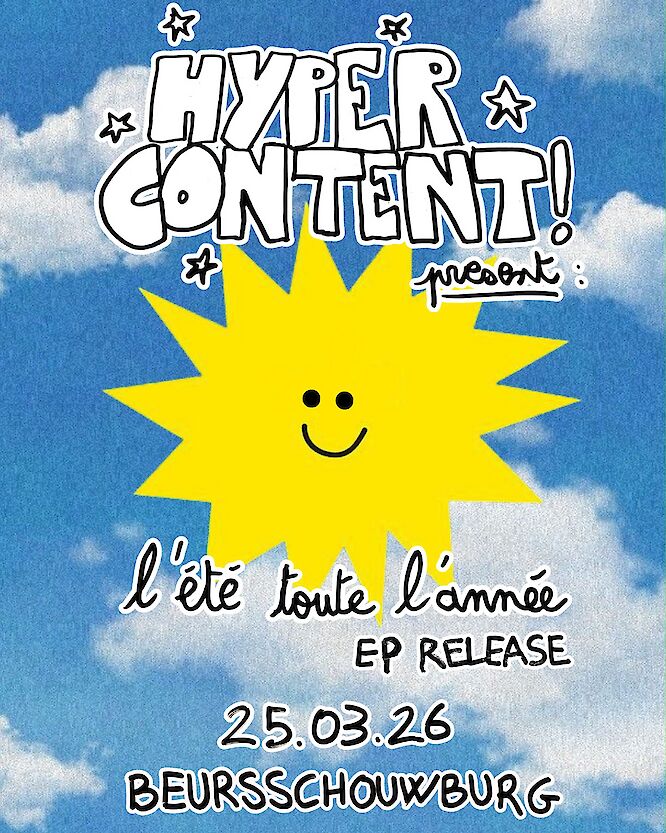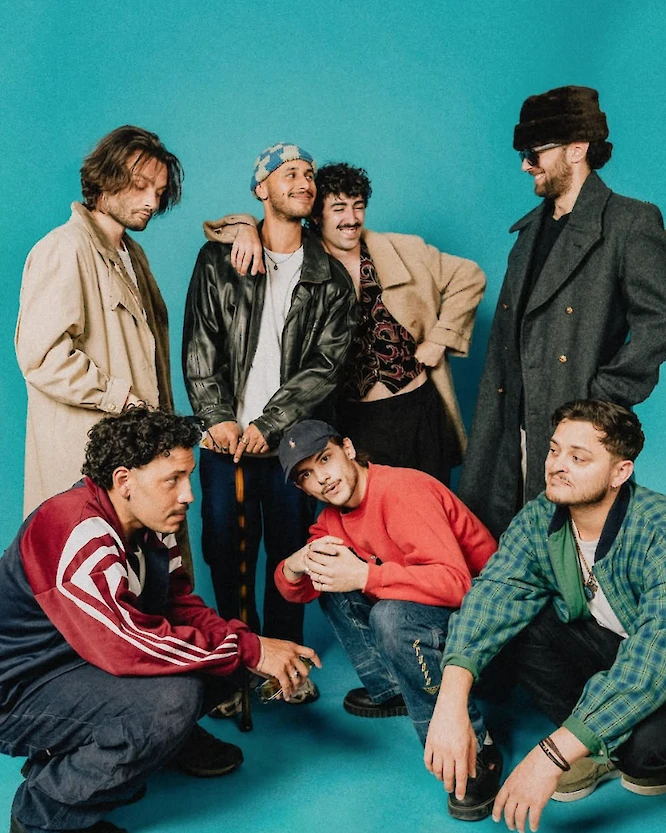Palestine Cinema Days
Stories that people can tell about a land are proofs of their right to that land
Palestine Cinema Days is an annual festival organized by Filmlab Palestine since 2014. It aims to put Palestine on the map of the global film scene, and to promote local and international films within Palestine itself. Once again this year, the festival will unfortunately not take place physically in its home city of Ramallah. Instead, it will be held as a decentralized global film festival, taking place simultaneously in multiple locations on the somber anniversary of the signing of the Balfour Declaration on November 2.
In a talk in Shujaiya in October 2015, Dr. Refaat Alareer stated: “As Palestinians under occupation, storytelling transcends the didactic value to an urgent need to owning our narrative, something that gives back power to the people rather than the elite. Stories that people can tell about a land are proofs of their right to that land”. In an effort to amplify Palestinian voices and the Palestinian peoples’ narratives, Beursschouwburg is screening three films in its small cinema space.
instagram.com/filmlabpalestine
—
14h00 - Infiltrators
by Khaled Jarrar (70 minutes)
15h30 - Resistance, Why
by Christian Ghazi (56 minutes)
16h45 - Ma’loul Celebrates its Destruction
by Michel Khleifi (31 minutes)
—
Infiltrators (Khaled Jarrar, 2012)
The checkpoint is closed: “Detour, detour!” shouts a taxi driver, announcing the beginning of yet another uncertain search for a way around the barriers curtailing Palestinian movement in the West Bank. Infiltrators is a visceral “road movie” that chronicles the daily travails of Palestinians of all backgrounds as they seek routes through, under, around, and over a bewildering matrix of barriers. Following this high stakes “game” of cat and mouse with a handheld video camera, Khaled Jarrarʼs debut documentary was the standout success at the 2012 Dubai International Film Festival, winning the Muhr Arab Documentary Prize, the Special Jury Prize, and the International Critics Prize.
Resistance, Why (Christian Ghazi, 1971)
In this 1970 documentary a number of Arab political figures, in particular Palestinians residing in Lebanon, share their vision of the Palestinian revolution, tracing its history back to the early 20th century. The testimonies of Ghassan Kanafani, Sadiq Jalal El-Azm, Nabil Shaath and others describe the strikes and popular protests that took place in Palestine under the Ottoman occupation, followed by British colonisation and the settlement of the Zionist state in 1948. They enumerate the objectives of the struggle, emphasising the necessity for a free and democratic Palestine, defended through armed or non-armed struggle by all its citizens, men and women of various affiliations.
Ma’loul Celebrates its Destruction (Michel Khleifi, 1985)
For a long time, the original inhabitants of the Galilean village of Ma’loul, destroyed by Israel after the 1948 War, were only allowed to visit their old village once a year, on Israel’s Day of Independence. The film follows them on that day and reveals a world of painful memories and the villagers’ profound determination to cling to their ancestral land. Village elders recall the destruction of both their property and harmonious way of life, as youngsters scramble to savour and absorb their forbidden heritage in a single, precious day. lntercut with these scenes, a teacher in a Palestinian classroom explains to his teenage students the history of Palestine, the Holocaust and the creation of Israel.
